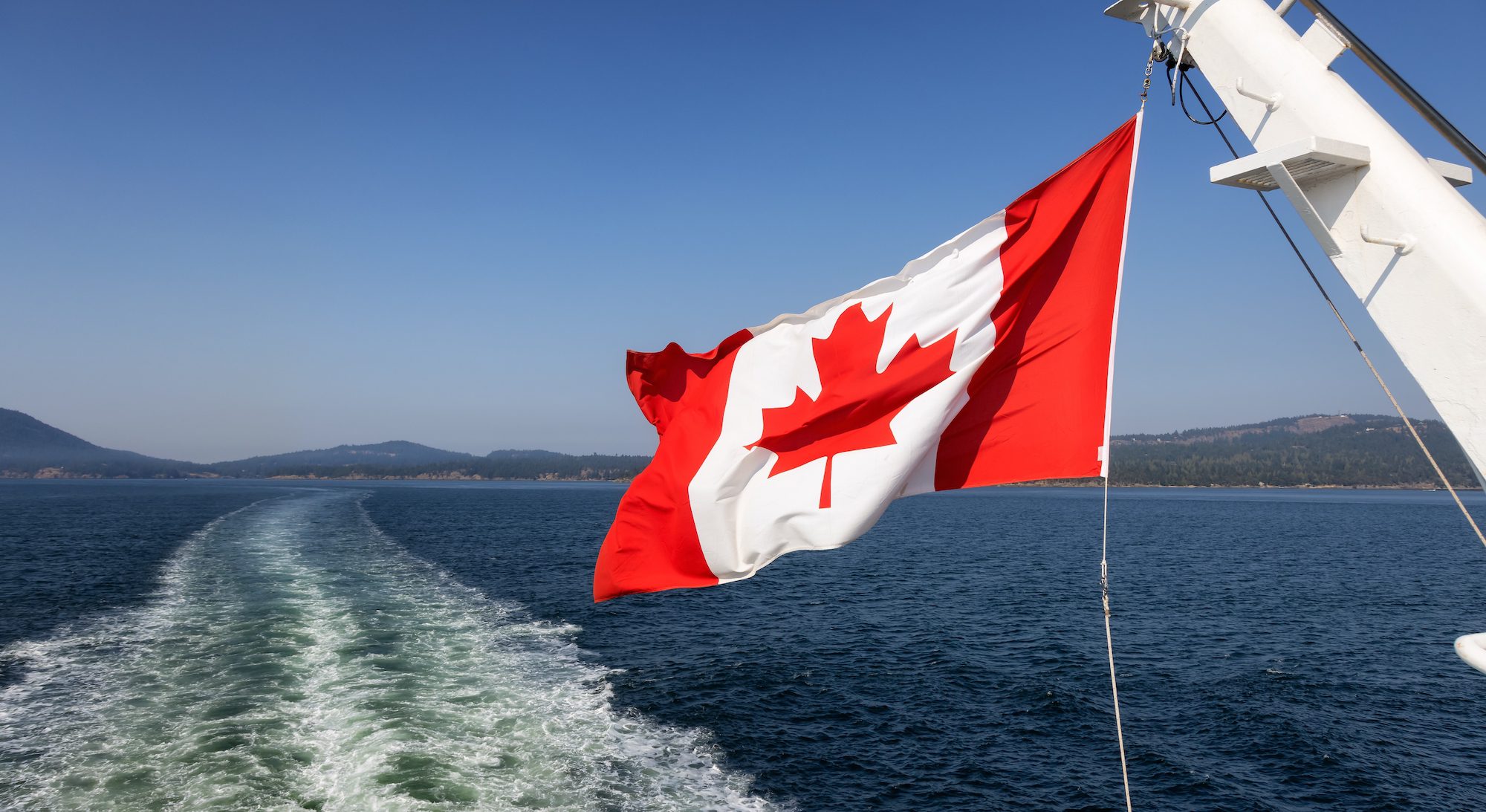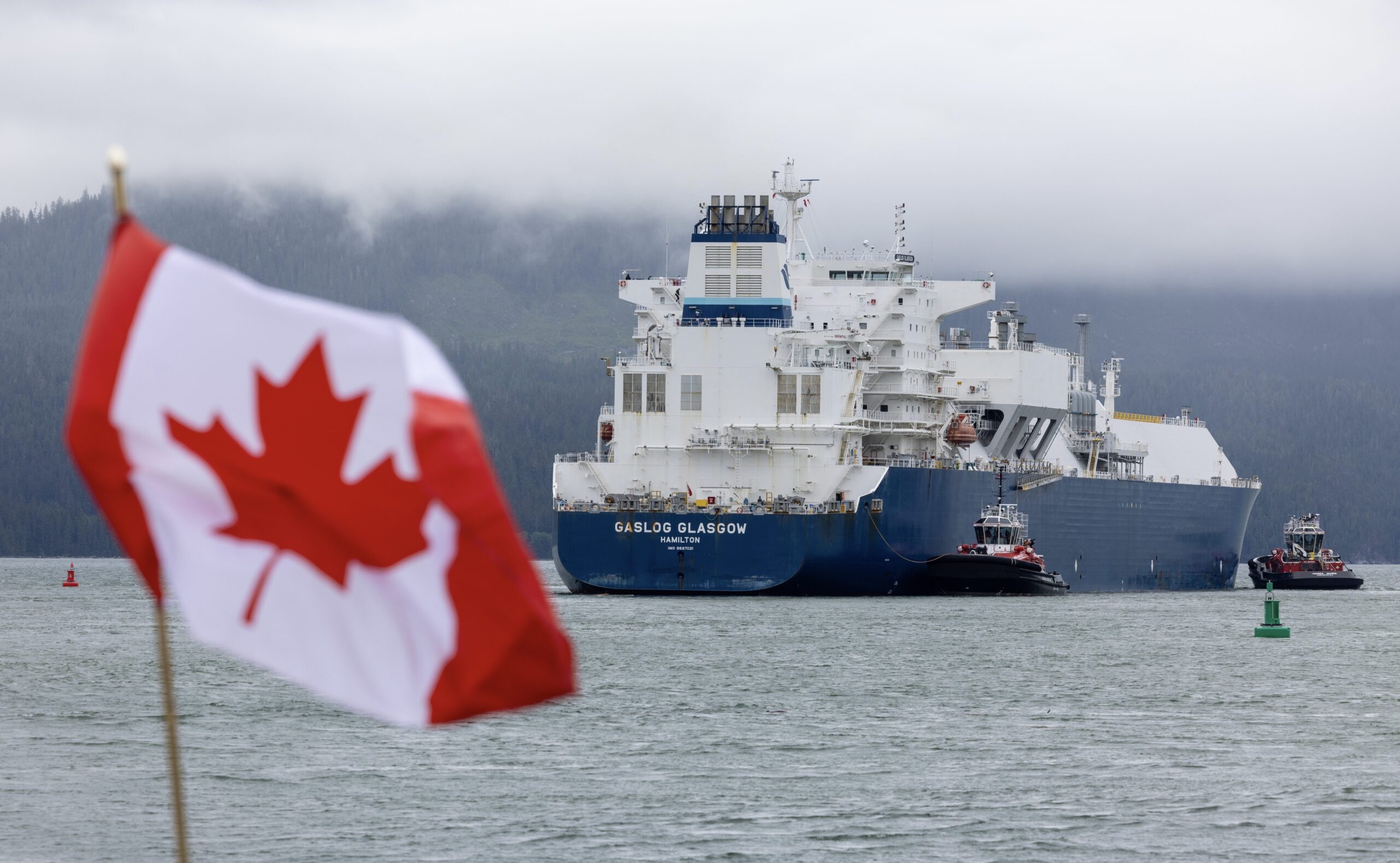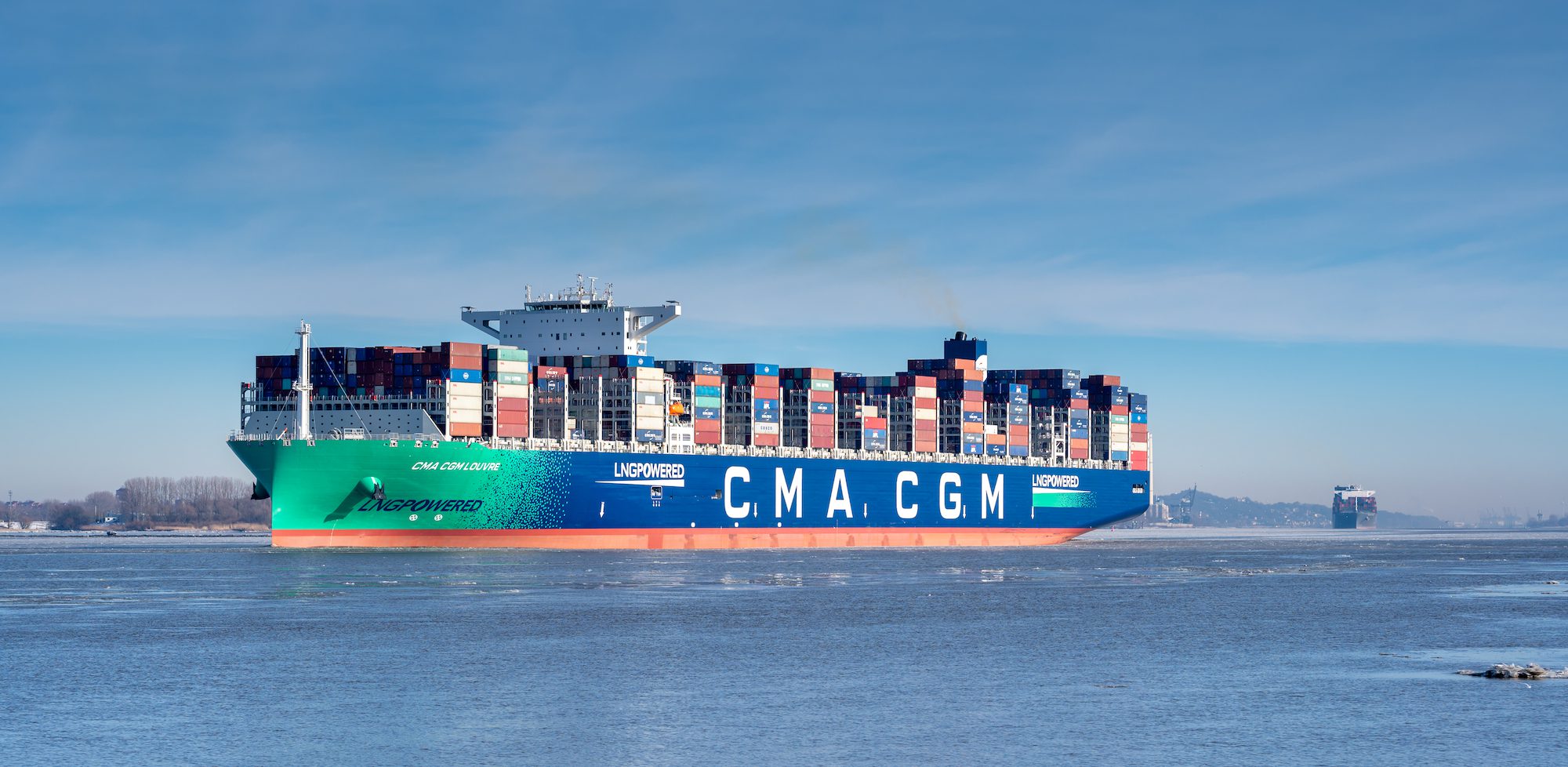Canada has signed agreements with Georgia, the Philippines, and the United Kingdom to allow their certified seafarers to work onboard Canadian vessels, part of an effort to fill a seafarer shortage in the country’s domestic fleet.
The countries join Australia, France, Norway, and Ukraine in Canada’s Reciprocal Arrangement Program, which allows foreign seafarers work on Canadian-flagged ships, and is part of a larger investment in maritime training opportunities for underrepresented groups in Canada.
Canada’s Minister of Transport, the Honorable Omar Alghabra, announced the agreements on Sunday to mark the UN International Day of the Seafarer.
The announcement builds a previous agreement in March between Canada and the Philippines, the world’s biggest provider of seafarers and officers, that allowed Filipino sailors to work on Canadian-flagged vessels for the first time.
“Canadians from coast-to-coast-to-coast rely on the dedication of seafarers to get goods and ships where they need to go, said Minister Alghabra. “On behalf of our Government, I want to thank all seafarers for their commitment. Through arrangements like this one, we are strengthening our workforce today and into the future with good-paying jobs for certified seafarers.”
The Canadian government is committed to encouraging more trained and qualified people to work in the marine industry, which is responsible for transporting an estimated 70-80% of the goods Canadians use daily.
The Reciprocal Arrangement Program was launched in 2019 and allows foreign seafarers to quickly gain employment in the Canadian marine sector if they meet the requirements for work.
Canada’s Oceans Protection Plan has invested $29.8 million to extend the Marine Training Program for four years, providing marine training opportunities for underrepresented groups such as Indigenous Peoples, Northerners, and women, to prepare them for jobs in the maritime industry.
To date, the Canadian Government has invested a total of $58 million in the Marine Training Program, which has helped 650 students from underrepresented groups find careers in the Canadian Coast Guard and other areas of the marine industry since 2016.
Foreign seafarers from these countries with a valid International Convention on Standards of Training, Certification and Watchkeeping for Seafarers certificate can now apply for a Canadian endorsement, as long as they also meet the requirements imposed by Immigration, Refugee and Citizenship Canada and Employment and Social Development Canada, including obtaining a valid work permit.
Editorial Standards · Corrections · About gCaptain

 Join The Club
Join The Club











